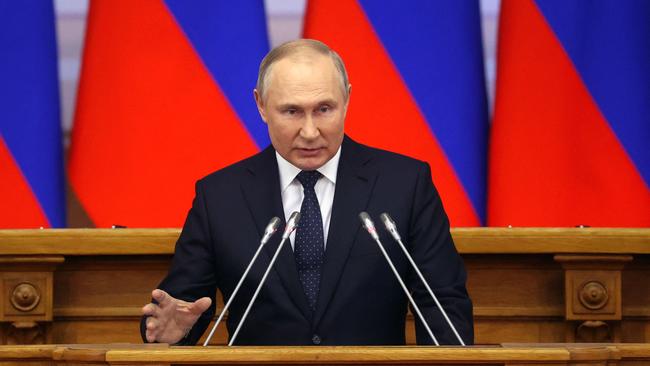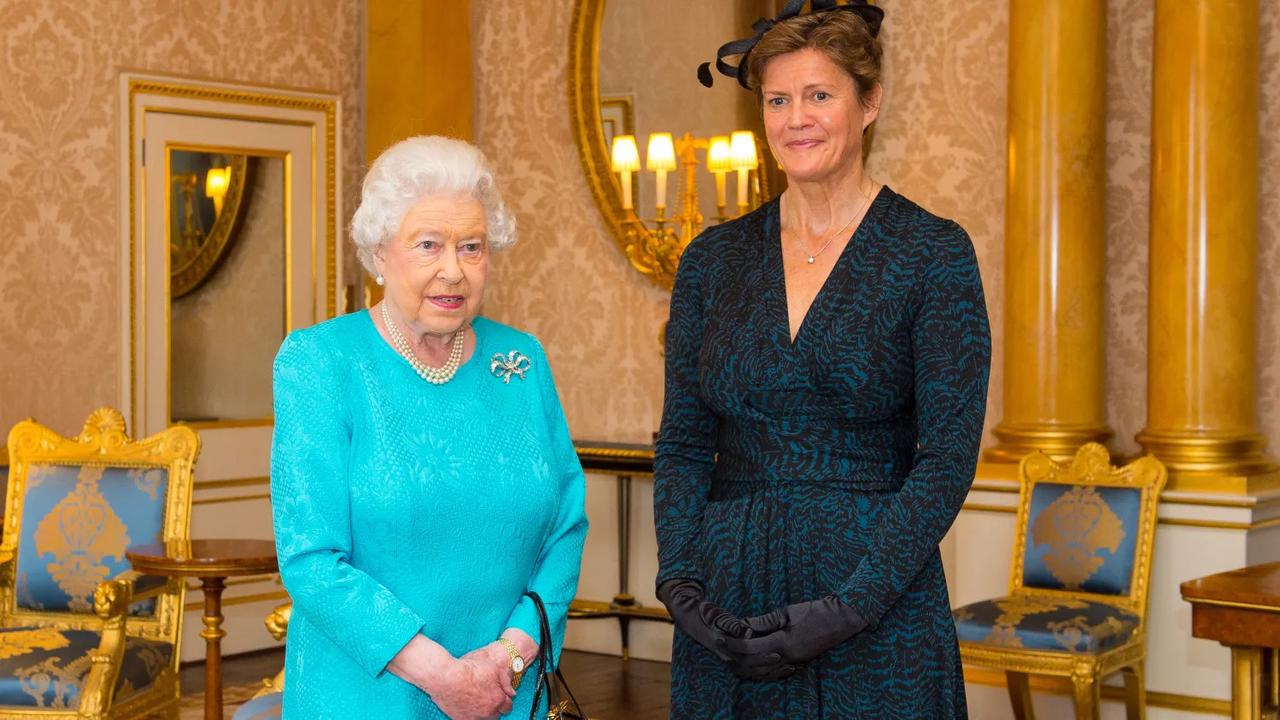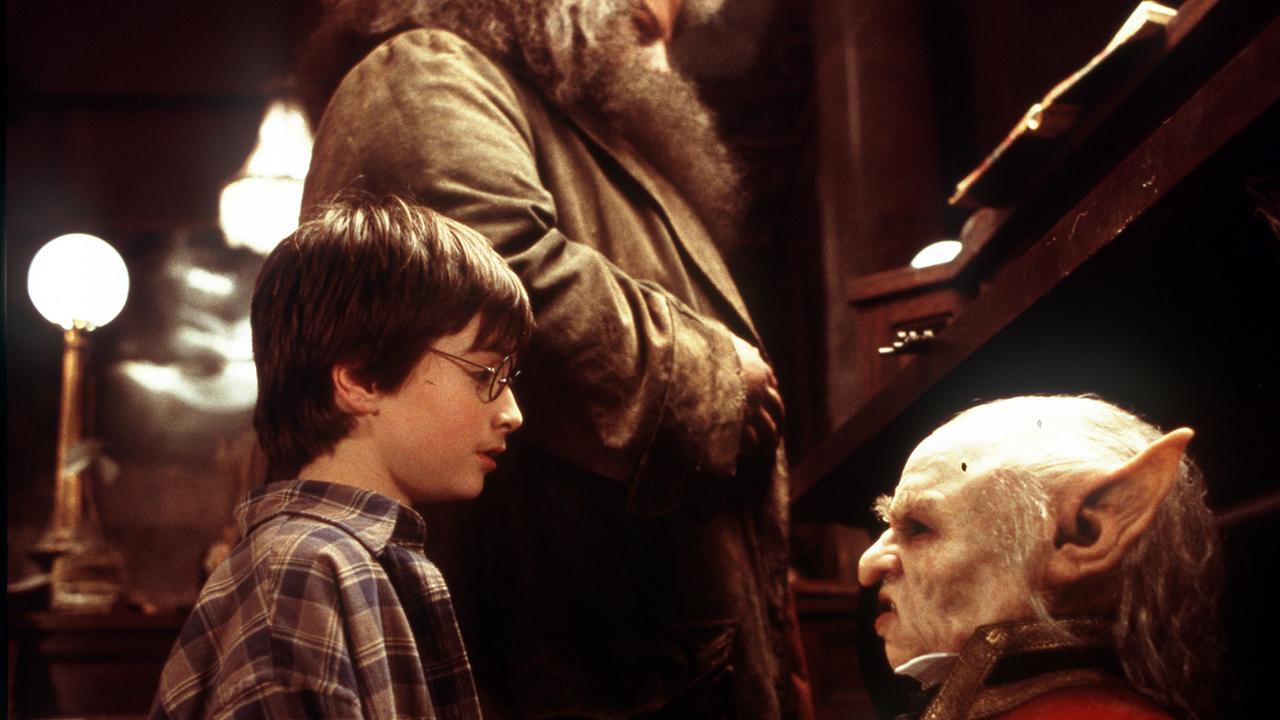Kremlin says disrespectful journalists will be expelled
Under Vladimir Putin the FSB security service has brought back Soviet methods of harassment against foreign reporters.

Foreign journalists who “disrespect” the Kremlin will be expelled from Russia under planned legislation that heralds the return of media repression not seen since the height of the Cold War.
An amendment to Russia’s media law will grant the prosecutor-general’s office powers to revoke the accreditation of foreign publications, in effect closing them down. It is understood the bill, likely to become law next month, will seek to target the BBC, one of the few British organisations to have remained in Russia.
In March, a media law that set a jail term of up to 15 years for those who spread “fake” information about Russia’s armed forces came into force. It gives the authorities the power to shut down publications but only with a court ruling. The draft bill removes that requirement, giving prosecutors the ability to revoke media licences with immediate effect.
Journalists deemed to “disrespect the state” and “discredit the armed forces” are liable to fall foul of it, as are outlets that publish “fakes” that pose a threat to “the health of Russian citizens and property”, or threaten “mass disruption of public order”.
The first reading will take place in Russia’s lower house of parliament next month, according to Izvestia, a pro-Kremlin newspaper. It will need to pass three readings before being signed into law by President Vladimir Putin. Among the bill’s authors is Andrei Lugovoi, one of the two men accused of murdering defector Alexander Litvinenko in London in 2006. The former FSB security service officer is a member of parliament and deputy chair of the committee on security and anti-corruption. He said the bill was in response to Western countries’ closure of Russian media outlets after the invasion of Ukraine on February 24.
“Over the past month, we have seen how many Russian media outlets operating in the West have been blocked without any court decision,” Mr Lugovoi, 55, said. “Moreover, these decisions are often not even made by foreign authorities, but by telecom operators. This is why we are preparing these amendments with such urgency.”
Russian mouthpieces RT and Sputnik were banned throughout the EU on March 2. “Systematic information, manipulation and disinformation by the Kremlin is applied as an operational tool in its assault on Ukraine,” EU foreign policy chief Josep Borrell said at the time.
Since the start of the war, the Kremlin has sought to crack down on foreign media to control the narrative at home and suppress information about military failures and war crimes.
Foreign ministry spokeswoman Maria Zakharova said this month that growing repression was a response to the Western media’s dissemination of “false” information about the massacre at Bucha. “Your newspapers, your columnists, your television are complicit in this punitive act,” she said.
Current levels of media repression hark back to the Cold War, when foreign journalists were monitored constantly by the KGB and often expelled during periods of tension with the West.
Under Mr Putin, the FSB has brought back Soviet methods of harassment of foreign journalists, including apartment break-ins, surveillance and interrogations. In 2011, Luke Harding, a correspondent for the Guardian, became the first British staff journalist to be expelled from Russia since the end of the Cold War.
After the introduction of the new media law last month, several British and US publications have moved their Moscow correspondents to neighbouring countries such as Latvia and Armenia.
The Kremlin has blocked or closed the few remaining domestic independent publications, including liberal radio station Ekho Moskvy, television channel TV Rain and bilingual news website Meduza. Novaya Gazeta, the country’s oldest independent newspaper, announced last month it would close all operations in Russia until after the war.
The Times



To join the conversation, please log in. Don't have an account? Register
Join the conversation, you are commenting as Logout